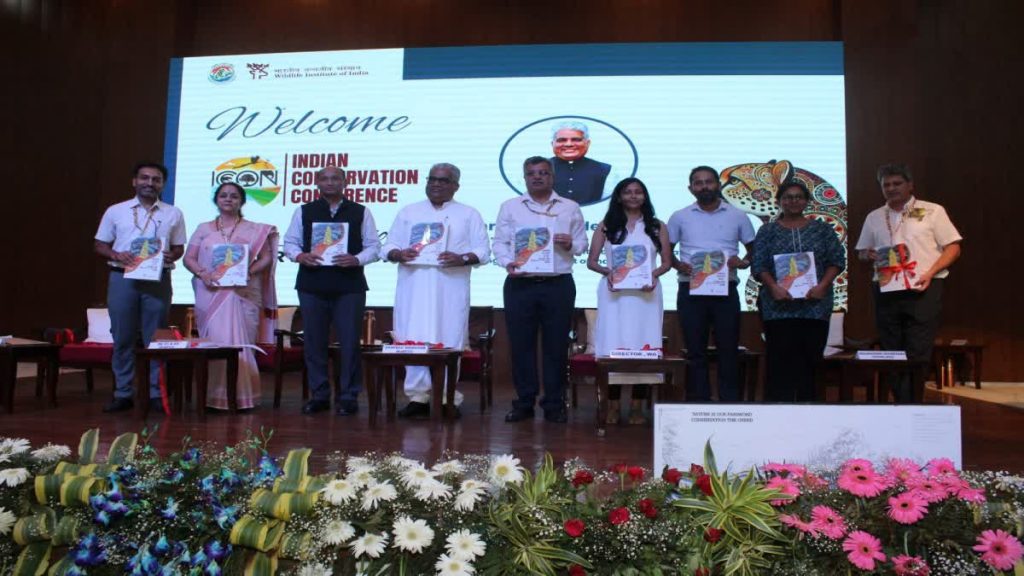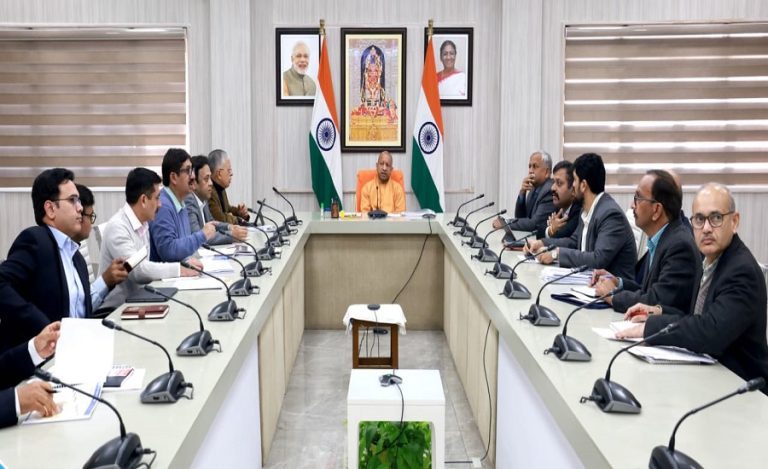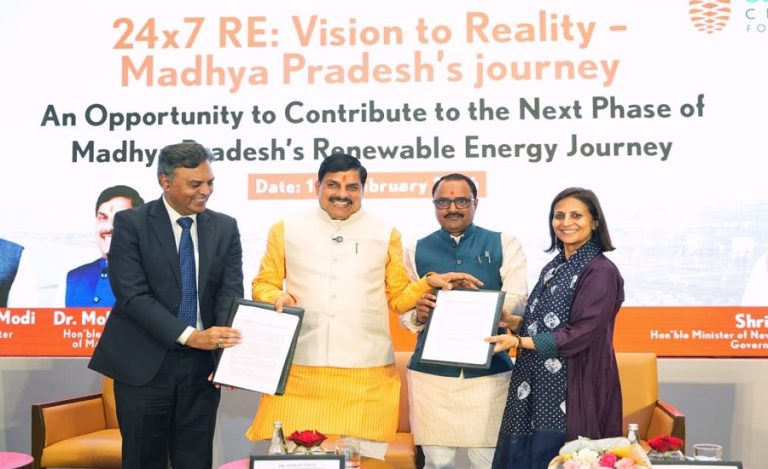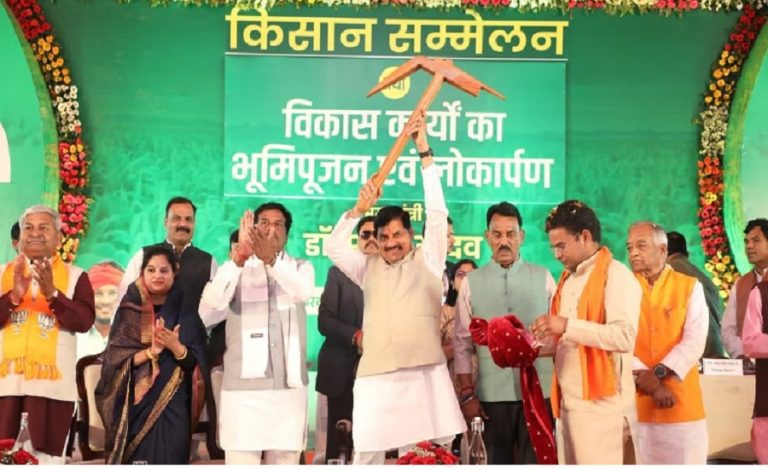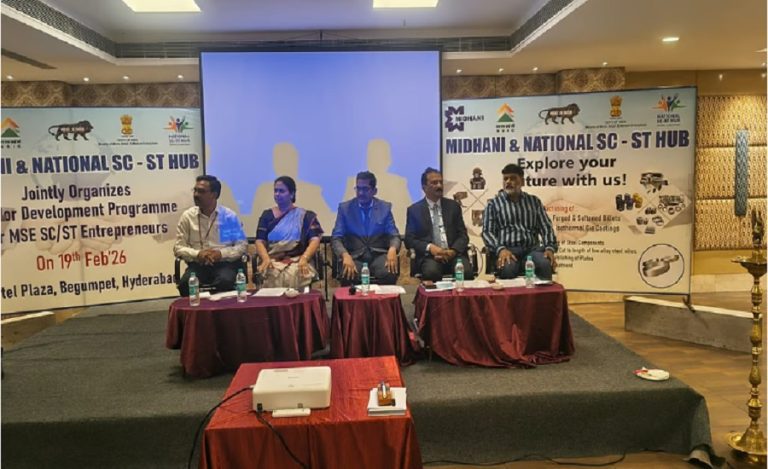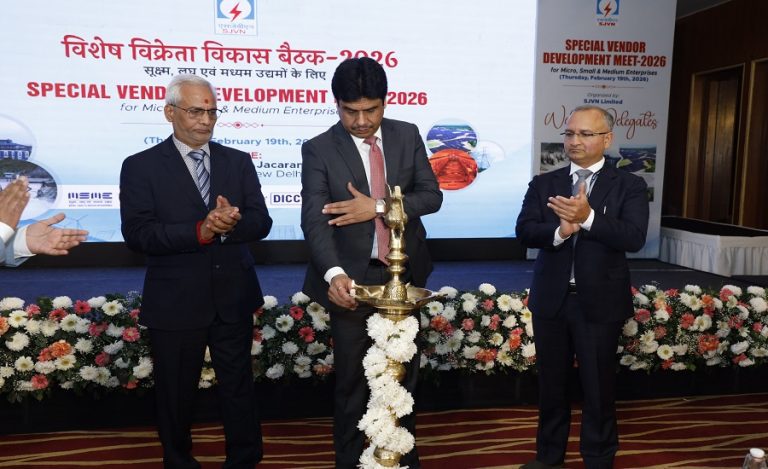Dehradun: Union Minister for Environment, Forest and Climate Change Bhupender Yadav emphasized the need to harmonize traditional knowledge and scientific approaches for effective environmental conservation. He was speaking at the inaugural plenary session of the Indian Conservation Conference–2025, held at the Wildlife Institute of India (WII) in Dehradun on Wednesday.
“Green India in a Developed India Requires Human-Centric Policies”
In a compelling address, the Union Minister remarked, “We have to walk with the harmony of tradition and science. Only then will we be able to make a green India in a developed India.” He urged policymakers to adopt a human approach when drafting conservation policies.
He challenged the notion that simply evicting local communities from forests will ensure forest safety. “If 10,000 tourists can visit a forest without harming it, why can’t the local people who have lived there for centuries?” he asked, advocating for nature-based solutions that include the participation of local communities.
India Adds 11 New Tiger Reserves Since 2014
In his inaugural address, Minister Bhupender Yadav shared key achievements of the government in the field of wildlife conservation. He highlighted that India had 47 tiger reserves in 2014, and this number has now risen to 58. “This reflects our commitment to wildlife protection — an average of one new tiger reserve has been established every year for the past 11 years,” he said.
Yadav also emphasized the government’s multi-species conservation strategy, noting that significant initiatives are underway for the protection of dolphins, elephants, tigers, and sloth bears.
A National Platform for Policy, Research, and Action
The Indian Conservation Conference has emerged as a premier national platform where academic researchers, wildlife officials, and government leaders converge to shape the future of India’s conservation policy. The event will continue for two more days, featuring panel discussions, paper presentations, field insights, and collaborative planning sessions.
Management Effectiveness Evaluation Report Released
During the session, the Union Minister released the Management Effectiveness Evaluation Report, covering 438 National Parks and Wildlife Sanctuaries across India. This report evaluates the efficiency of conservation efforts and the governance structure of protected areas.
Also present at the event were DG Forest Sushil Awasthi, WII Director Virendra Tiwari, and prominent scientists including Dr. Ruchi Badola and Dr. Bilal Habib.
Community Participation and Green Credit Program Stressed
Minister Yadav reiterated that conservation is a shared responsibility between the government and society. He urged the public to take initiative in restoring degraded forests and highlighted the government’s efforts to popularize the Green Credit Program, which rewards individuals and organizations for eco-friendly actions.
Tackling Human-Wildlife Conflict with Traditional Wisdom
A significant portion of his speech addressed the growing issue of human-wildlife conflict. Yadav pointed out that tribal and forest-dwelling communities have historically coexisted with wildlife and that their traditional knowledge systems must be integrated into conservation planning.
To this end, a special program for documenting traditional ecological knowledge is scheduled to be held in Kolkata on June 30.
Support for Young Conservationists
To encourage student participation in conservation research, the Union Minister awarded cheques of Rs 25,000 each to eight selected students to help them purchase scientific equipment. Additionally, 75 students attending the conference received travel support of up to Rs 15,000, informed WII Director Virendra Tiwari.
Wide Participation and Ongoing Scientific Collaboration
Scientist Dr. Bilal Habib shared that over 500 participants, including scientists, policy-makers, and environmentalists, are attending the conference. The event builds on momentum from previous conferences, where researchers such as Dr. Hema Somanathan presented pivotal studies on conservation biology.
Scientific Insights on Bee Ecology Captivate Conference Audience
A notable highlight of the opening day was a scientific lecture by Professor Dr. Hema Somanathan from IISER Trivandrum, titled “Sensory and Cognitive Ecology of Bees.” Her engaging session offered deep insights into how bees perceive the world, learn from their environment, and optimize their foraging behavior — showcasing the importance of lesser-studied species in conservation biology.
Strong Institutional Presence, Support from State Leadership
The opening ceremony was attended by several dignitaries, including Uttarakhand Forest Minister Subodh Uniyal, senior forest officials, and conservation scientists. The collaborative spirit of the conference underlined the importance of inter-state and inter-agency cooperation in tackling complex environmental challenges.
Following the event, Union Minister Bhupender Yadav also met Uttarakhand Chief Minister Pushkar Singh Dhami, where discussions were held on state-specific environmental and wildlife conservation issues. The Chief Minister reportedly raised important matters related to forest management and eco-tourism development in Uttarakhand.

